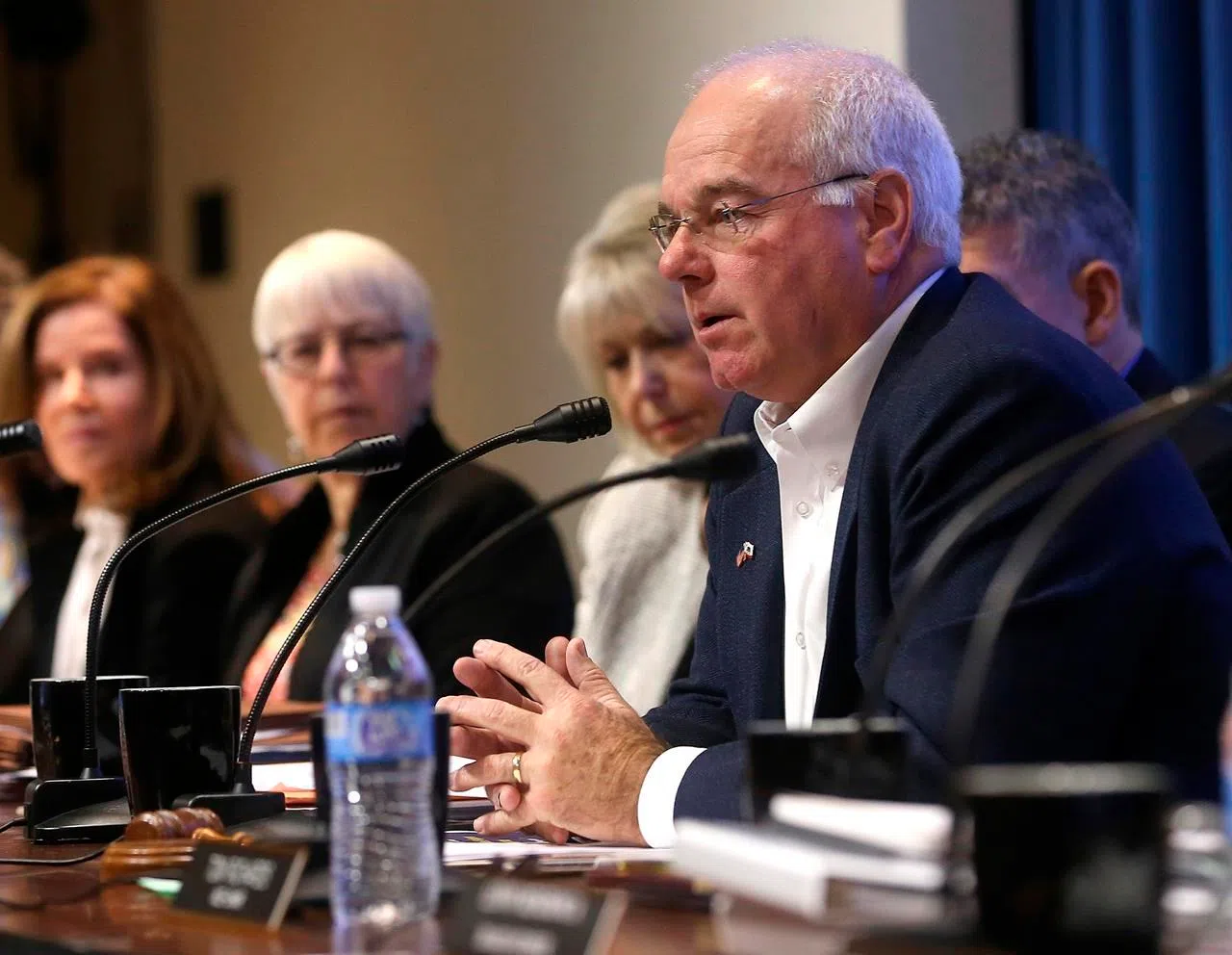
Trump wants California to pay back billions for bullet train
SACRAMENTO, Calif. — The Trump administration said Tuesday that it plans to cancel $929 million awarded to California’s high-speed rail project and wants the state to return an additional $2.5 billion that it has already spent.
The U.S. Department of Transportation announcement follows through on President Donald Trump’s threats to claw back $3.5 billion that the federal government gave to California to build a bullet train between Los Angeles and San Francisco.
Gov. Gavin Newsom vowed a fight to keep the money and said the move was in response to California again suing the administration , this time over Trump’s emergency declaration to pay for a wall along the U.S.-Mexico border.
“This is clear political retribution by President Trump, and we won’t sit idly by,” Newsom said in a statement. “This is California’s money, and we are going to fight for it.”


